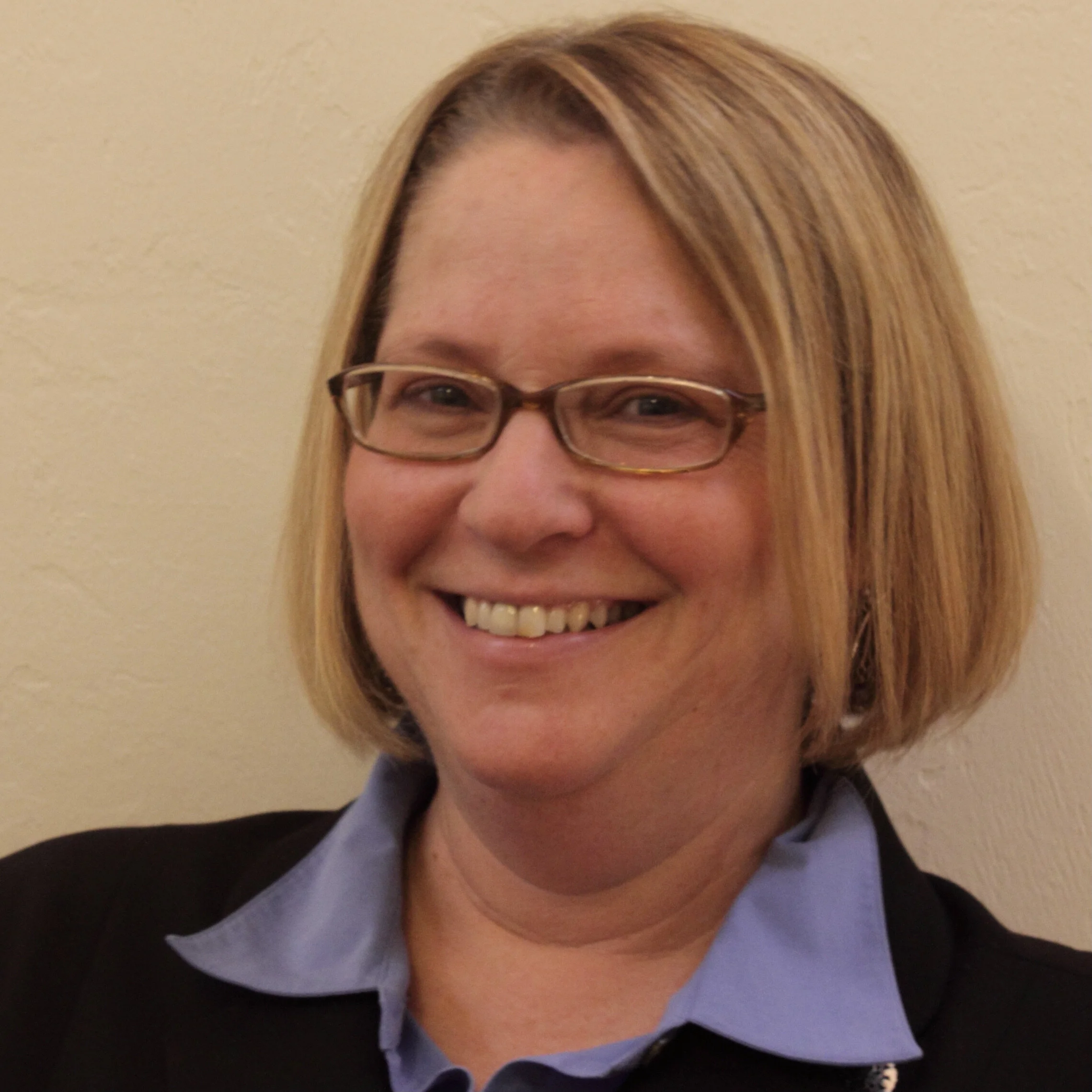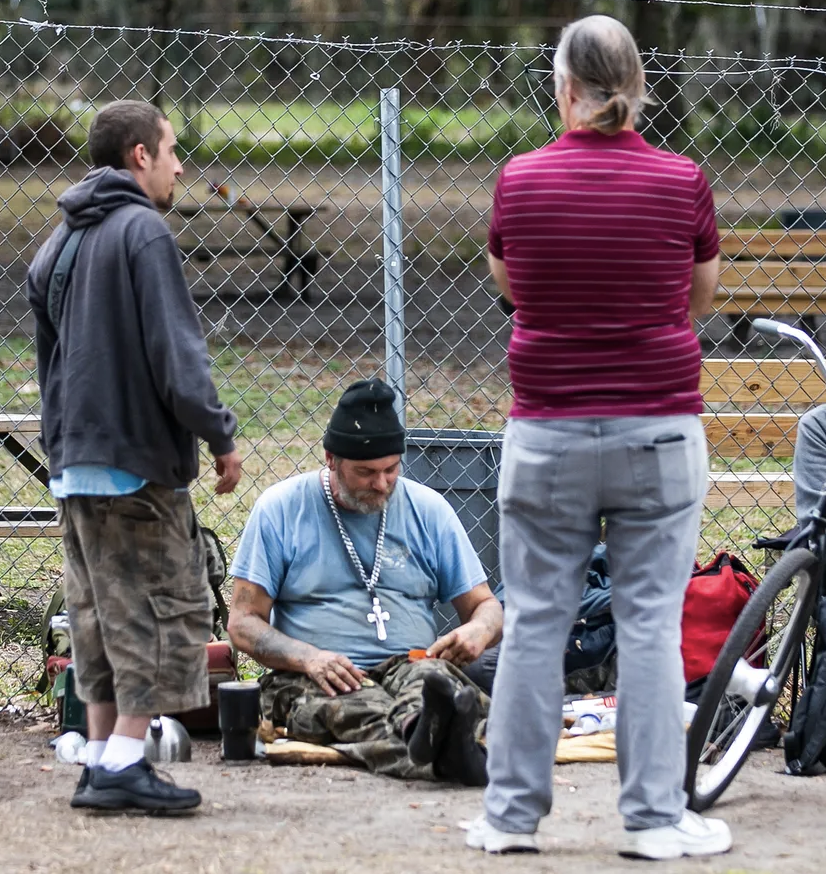Victory for Unhoused People in Ocala, Florida - Court Rules City Ordinance Unconstitutional
Jodi Siegel, Executive Director, Southern Legal Counsel
After Patrick McArdle’s eighth arrest in early 2019 for sleeping on public property in Ocala, Florida, he could no longer accept the injustice of being arrested merely because he was unhoused. When he was unable to make bond, he decided to spend his time in jail in the library, researching constitutional caselaw about sleeping ordinances. When he stumbled upon Martin v. Boise, he felt vindicated — he was now sure the City’s efforts to arrest and incarcerate unhoused residents in Ocala for sleeping outside were, like Boise’s, in violation of the Eighth Amendment’s prohibition against cruel and unusual punishment.
Unfortunately for McArdle, his jailhouse lawyering did not impact his criminal prosecutions. He pled guilty to “Open Lodging” and was arrested two more times. But when he walked up to two lawyers from Southern Legal Counsel, a small non-profit firm in Gainesville, waiving a copy of the Martin v. Boise case, we knew we had found a very special client.
Pat McArdle holding summary judgment order, which enjoins the City from enforcing the ordinance unless an inquiry about the availability of shelter space is made prior to arrest.
McArdle became the lead plaintiff in our challenge to Ocala’s open lodging ordinance, which made it illegal to “to rest while awake or sleep” on public or private property in the City of Ocala, if an indication of lodging was present. One indication of lodging identified in the ordinance was that the person being arrested “when awakened, relates that he or she is otherwise homeless.” You read that right — having no home is an element of the crime of sleeping! As a result, an unhoused individual napping in the park would be arrested under the ordinance, but a person with a home engaged in the same conduct would not. Importantly, there was no requirement in the law, or otherwise, that officers have to inquire whether there was available shelter before making an arrest. As there were only 171 emergency shelter beds (and only 65 for single adults) in Ocala to house the approximately 295 unsheltered individuals, on any given night, shelter was not practically available to a substantial proportion of the unhoused population.
McArdle alone had been arrested for “open lodging” on ten occasions. He spent 148 days in jail and was assessed a total of $3,690.50 in court fines, fees, and costs due to open lodging violations. This was in part due to the Ocala Police Department’s implementation of a zero tolerance policy for ordinance violations on minor offenses such as open lodging. McArdle had no choice but to sleep outside. He says, “I have no place to be, inside or outside, in the City of Ocala. If the City would tell me a place I can go, I will go there. I do not want to sleep outside.”
Court slams Ocala's 'Open Lodging' ordinance - read the Ocala Star-Banner article here.
In September 2018, Mayor Kent Guinn announced the implementation of a new “Broken Windows” policing policy targeting minor offenses in an effort to prevent more serious crimes. Soon after, the Police began Operation Street Sweeper, in which undercover police officers would patrol the downtown area looking for violations of open lodging, panhandling, or other ordinance violations. Of the 223 arrests made as a part of Operation Street Sweeper, 87 were for open lodging.
Southern Legal Counsel, the ACLU of Florida, and pro bono attorney Andy Pozzuto filed suit against the City of Ocala, alleging that the Open Lodging ordinance violated the Eighth and Fourteenth Amendments to the U.S. Constitution and asking the Court to enjoin the City’s enforcement of the ordinance. Plaintiffs prevailed at summary judgment on their Eighth Amendment and procedural due process claims (no appeal process for trespasses). The Court’s Order enjoined the City from enforcing the ordinance unless an inquiry about the availability of shelter space is made prior to arrest, as “In the absence of such inquiry, [the ordinance] punishes an individual based on his or her status as a ‘homeless’ individual.”
Since this ruling, no unhoused individual in the City has been arrested for Open Lodging. While their need for shelter remains unaddressed, at least McArdle and the other unhoused residents of Ocala can once again rest without fear of arrest.



